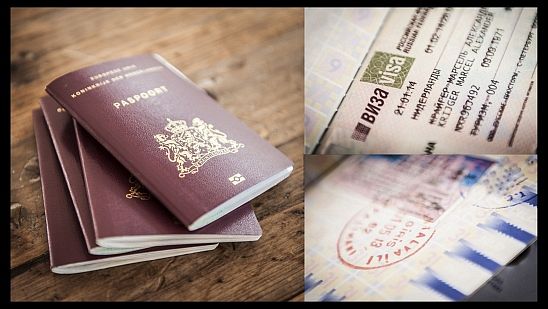There is a new type of visa up for grabs for internationals hoping to find work in the Netherlands after graduating. The Dutch government hopes that this visa, made available since March 1, will attract and retain more highly educated internationals, encouraging them to join the Dutch workforce.
Part of the ‘Make it in the Netherlands!’ action plan launched by the Minister for Education, Culture and Science two years ago, the revamped ‘orientation year for highly educated persons’ is a combination of two fairly similar permits. One was formerly for internationals who graduated in the Netherlands and the other for ‘highly skilled persons’ hoping to move here to find work. Both these groups now apply for the same search year visa, which allows them to stay in the country for one year looking for long-term employment.
Graduates from a Dutch university need only have a bachelor’s degree, but internationals must have a master’s degree or more from a top 200 university, or have completed scientific research.
Although largely similar to the old search year visas, there are several major changes which the government hopes will stem the outflow of international graduates. According to Guus Staats from the Netherlands Universities Foundation for International Cooperation (EP-Nuffic), the criteria have been relaxed and internationals may now work during their search year. Previously the orientation year did not come with a work-permit, however living and searching for work in the Netherlands without income or a way to develop experience can be an expensive and risky business.
very attractive
Harish Krishnappa is an international master’s student in the TU Delft faculty of Electrical Engineering, Mathematics and Computer Science, specializing in electrical sustainable energy, and he considers the prospect of a visa with a work permit very attractive. He hopes to remain in the Netherlands after graduating, and he told Delta, “It is very much necessary to have visas with flexible policies, to attract more graduates to stay, and not go back.”
Graduates from Dutch universities were previously only eligible in the year after they graduate; now all applicants can wait up to three years. Additionally, individuals may now also apply for this year multiple times, if they have obtained new qualifications. While the Netherlands has proven adept at attracting international students there is a huge problem keeping them here after graduation. Visas and residence permits are certainly part of the reason for this, Krishnappa said. He believes many more students would stay if they could, adding that that while his visa application as a student was very smooth, his impression is that after graduating it can be “very tedious work”.
Staats said, “EP-Nuffic is very enthusiastic about the possibilities the new search year offers. The regulations have been simplified, so we hope more students will choose to stay in the Netherlands.” However, he believes the price of the visa may still act as an obstacle for some students hoping to stay. Though far from the Netherlands’ most pricey visa, the search year application costs €622 with potential extra costs, if you graduated outside the Netherlands you may need to get your degree verified, for example. And as with most applications there is no way to recoup your money if the application is rejected.



Comments are closed.